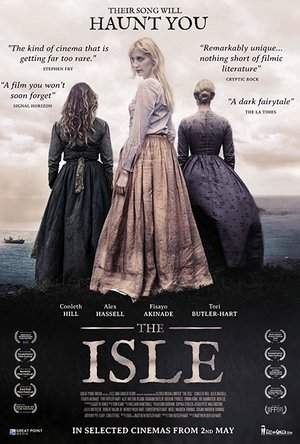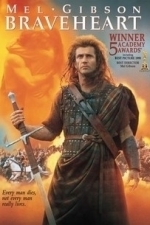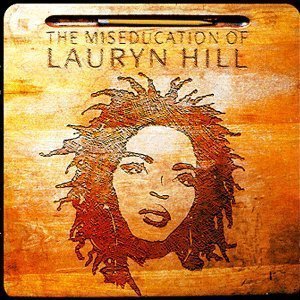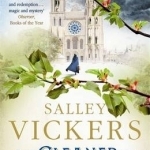
The Cleaner of Chartres
Book
'A lovely book ...wise at heart and filled with colourful characters' Joanne Harris, author of...
Andy K (10823 KP) rated The Isle (2018) in Movies
Oct 12, 2019
After drying off, resting and tending to their injuries, the men are eager to return to the mainland which they query their new acquaintance about. He dodges the question several times making mention of other inhabitants of the island. The men decide to explore on their own since their new friend. Additional residents are found, some nice some aloof and maybe not so eager for conversation.
Eventually it is discovered the island has an unsettling curse upon it whereas men are lured to their deaths by the female natives due to an event which happened years earlier involving another female island resident now deceased. The surviving men now have to figure out how to leave The Isle without succumbing to its evil vices.
The best thing The Isle has going for it is the beautiful Scottish countryside, forested landscapes and gorgeous ocean views. At first, you may feel like you are watching a period Scottish episode of Lost or the recent film The Witch when you hear the Sottish accent dialogue; however, this film doesn't have the depth or screenplay of either of these. I read online the script for this film took years to complete, which is unfortunate since not much happens for the first two thirds of screen time. Once on the island, the three ship survivors mostly lounge around getting spooked by the natives and not much else.
Once the "curse" has been revealed the film picks up a bit and the 3rd act is mildly interesting; however, I was out of it by then. The resolution is interesting and entertaining, and saves the film somewhat. I just wish the set up would have been more exciting.
The film was definitely very low budget, which doesn't bother me if still done well. Sometimes, really great films can come with diminutive price tags. That just usually means filmmakers have to be more creative with what they spend their money on and make sure each dollar counts.
In the end, I was left wanting more and was disappointed.

Deep Sleep with Andrew Johnson HD
Health & Fitness and Lifestyle
App
This application is a guided meditation intended to help you overcome insomnia and get to sleep. ...

IRB Rugby Sevens Series
Sports and Travel
App
'IRB RUGBY SEVENS SERIES' Mobile App targets Rugby fans all over World who love the gentlemen game,...

Power Cricket T20 - 2016
Games and Sports
App
Its time to warm up for the T20 World Series! Play against the best cricket teams from across the...
Sharpie0499 (114 KP) rated Avengers: Infinity War (2018) in Movies
Jul 9, 2018 (Updated Jul 9, 2018)
Phillip McSween (751 KP) rated Braveheart (1995) in Movies
Jul 28, 2018
Acting: 10
Beginning: 10
The film gets off to a hot start by immediately drawing you into the story. Once the camera pans into the hut with all of the hanging bodies, they had my attention right away. The sheer intrigue was enough to make me want to see more.
Characters: 10
The Scots are a crazy bunch and I LOVE them. Whether old or young, they're all tough guys in their own right. One crazy person is enough to make a film interesting, but you put a bunch of them together and now you're really cooking with fire. William Wallace, of course, takes the cake of all the crazies. His character is easily one of my all-time favorite protagonists from his demeanor to the strong message he carries.
Cinematography/Visuals: 10
You kind of cheat when you shoot a film in Scotland, let's be honest. Beautiful landscapes abound, filled with mountains and lush valleys. I got lost watching William Wallace ride through the countryside on horseback. Made me think, "Damn, am I taking enough vacations?"
It's not the landscapes, however, as the battles are epic and sprawling. You get a taste of a bit of blood or something gory right before it cuts to a new fight. Seeing a fight that probably took hours abbreviated into a couple minutes is jarring and effective. These are some of the best battles captured on film.
Conflict: 10
Genre: 7
Memorability: 8
Braveheart is a film that easily stands the test of time. The brotherhood of the clans alone is memorable in and of itself. These are guys that lay down their lives for each other to advance their nation. The battles that ensue as a result of the stand that these men take are sheer inspiration. "They can take our lives, but they'll never take our freedom!"
Pace: 10
While the film slows down just slightly after the opening scenes, once the fighting starts, things move forward at a breakneck pace. It drives you from one scene to the next with intensity and passion. Just when you think you've had enough action, you're graced with more! Very solid pace.
Plot: 10
Resolution: 5
The ending was a bit deflating, at least for my taste. I respected the realism, but it felt counterintuitive to what the rest of the film was accomplishing. Not horrible, but perhaps a different approach would warrant a better score.
Overall: 90
I never had any interest whatsoever to watch this film and, after finally seeing it, I can't believe I waited this long. Such an inspirational, all-time classic. Loved it.
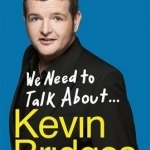
We Need to Talk About ... Kevin Bridges
Book
This is the comic autobiography of 2014. A comedian's autobiography? I wonder if he's ever used...
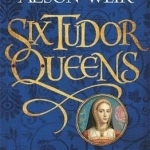
Six Tudor Queens: Katherine of Aragon, the True Queen: Six Tudor Queens 1
Book
*A Sunday Times Top Ten Bestseller* Katherine of Aragon: The True Queen by bestselling historian...
